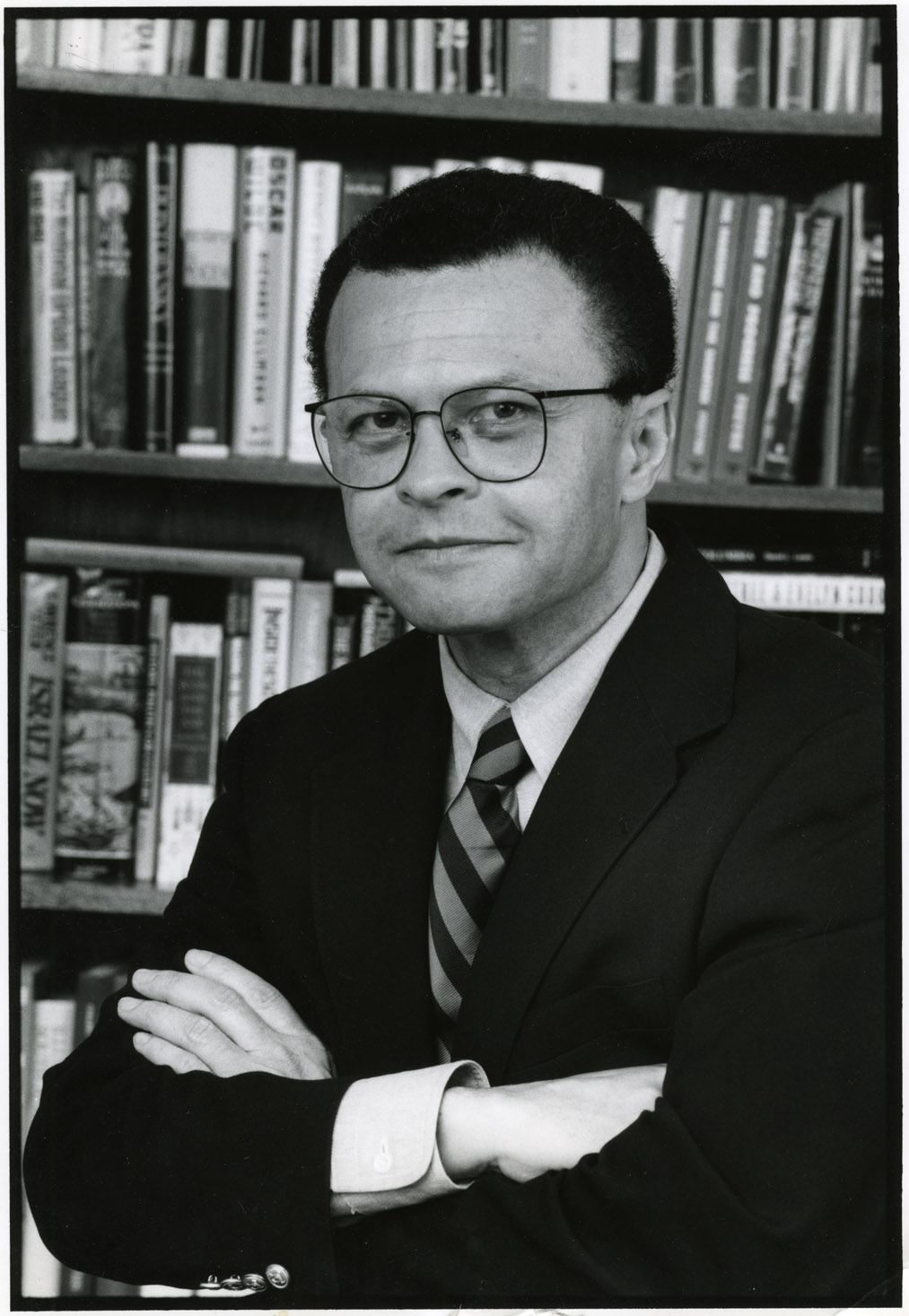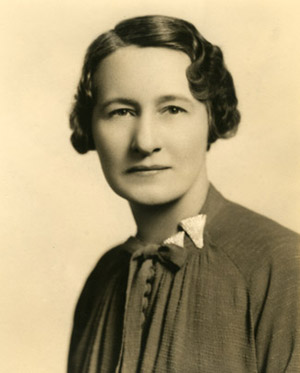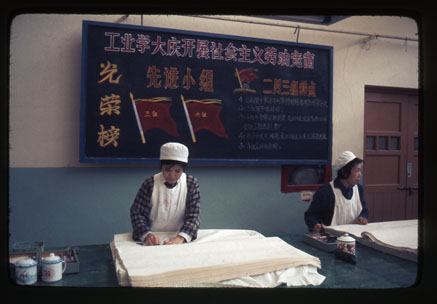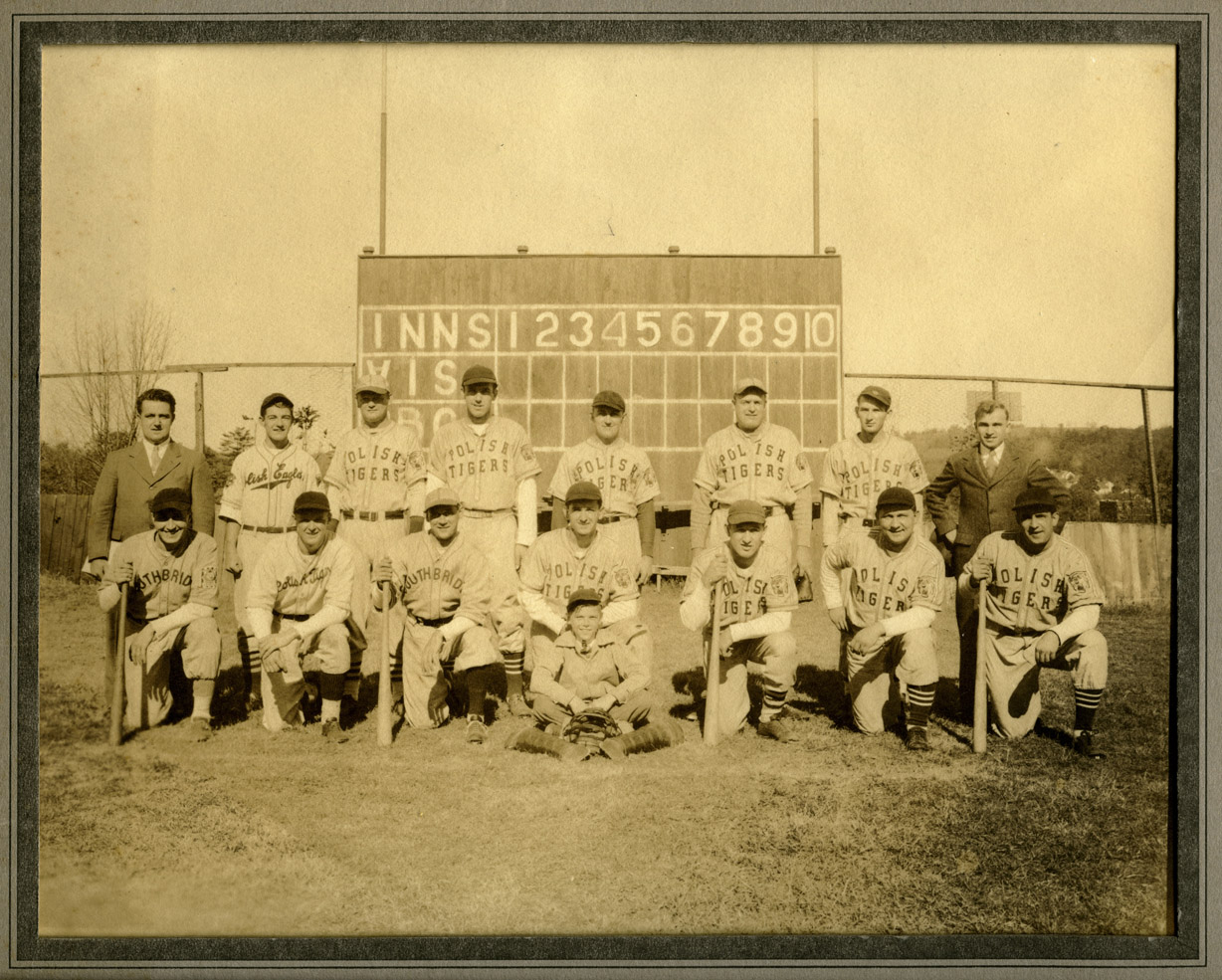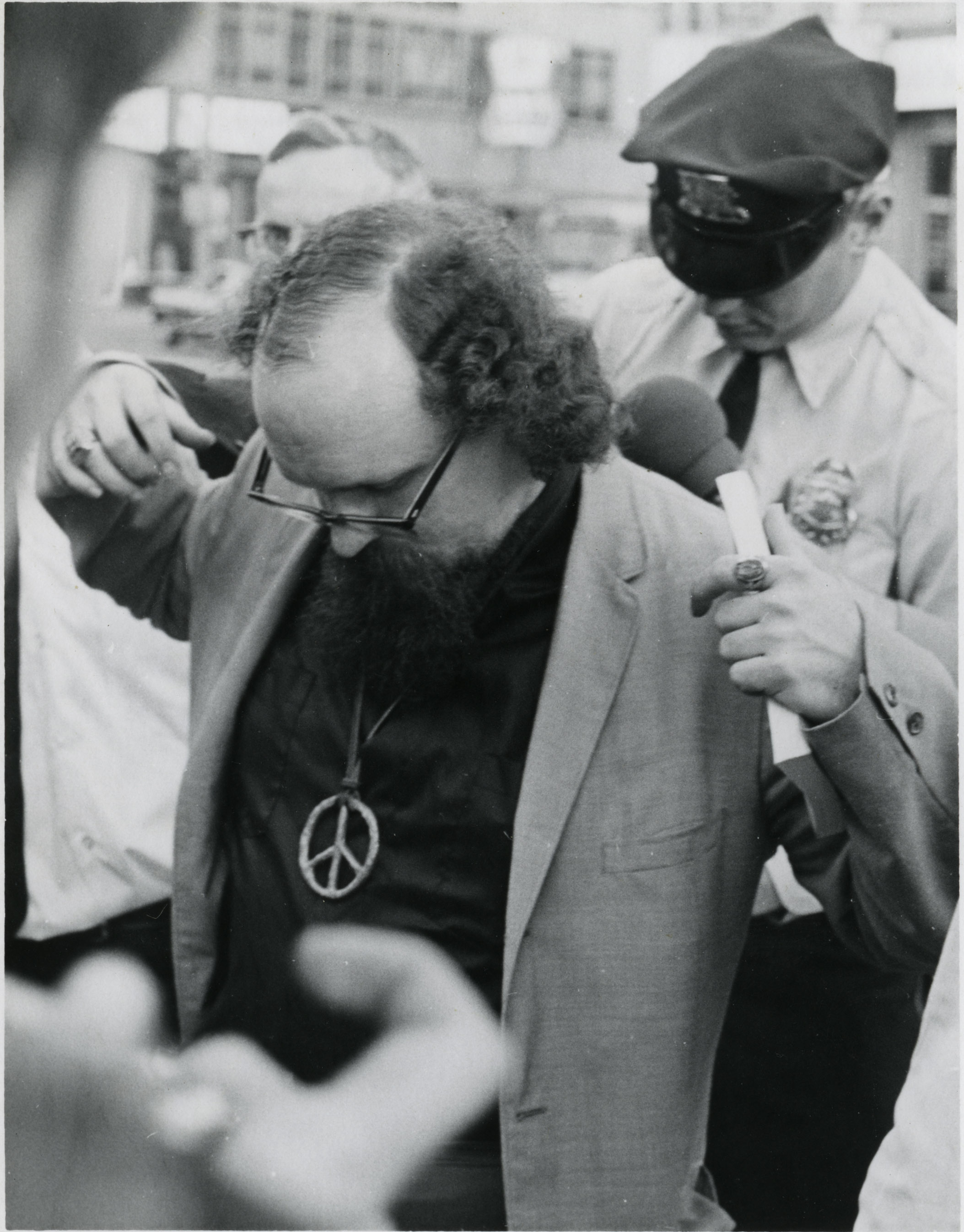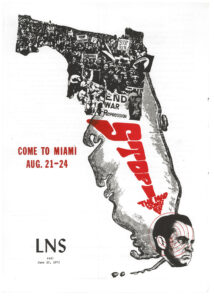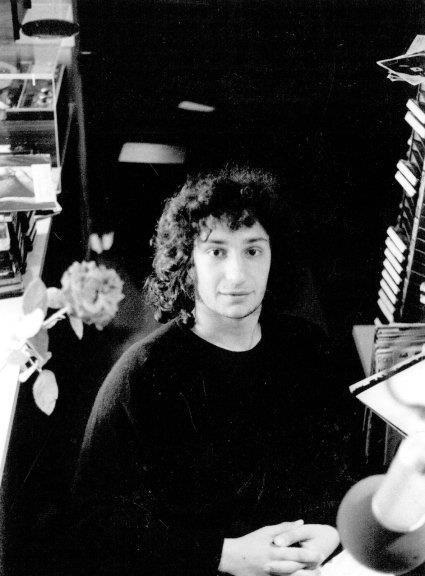Donald Levy Papers
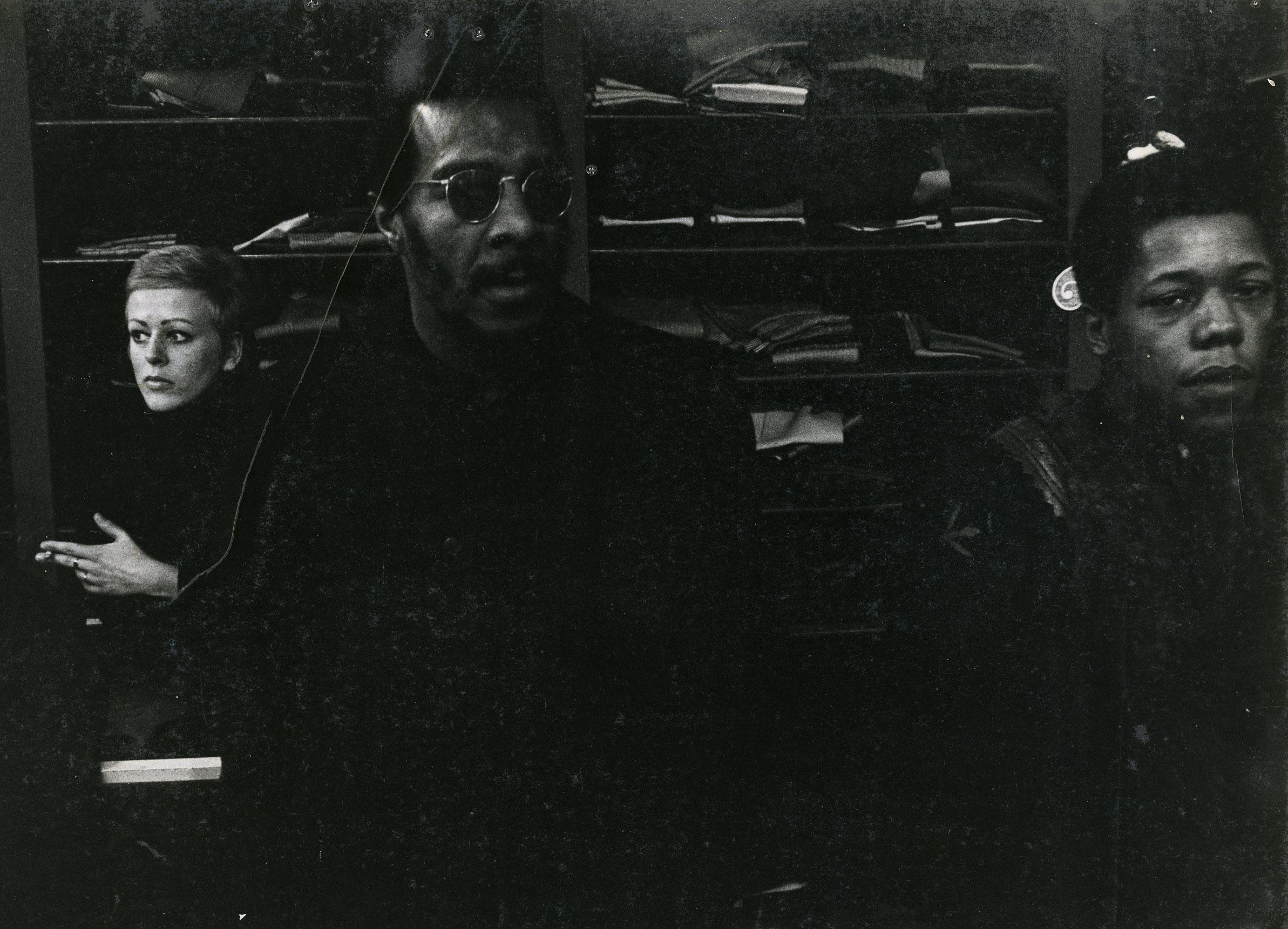
The co-owner with Alan Peterson of Krackerjacks, a psychedelic clothing store in Boston, Donald “Jack” Levy grew the boutique he started in 1966 into a staple of the counterculture in the Boston area and eventually a franchise. Levy was at the center of a controversy in Cambridge when the city tried to ban “obscene” buttons. Though several stores removed the buttons, Levy refused and with community support, fought the city’s ban. Levy also opened several clothing stores in the Boston-area: Garbo, a women’s clothing store; Dazzle in 1973, a vintage clothing store; Goods in 1976, a natural fiber and novelty store; and purchased and refurbished the Blue Diner in 1986 (now the South Street Diner). He currently owns diners in Newton, Framingham, and Watertown Mass.
The Donald Levy Papers contain ephemera, photographs, and clippings primarily documenting Krackerjacks as well as Levy’s other clothing stores and the opening of Blue Diner. Of particular interest is a petition circulated by Levy during the city’s attempt to ban “obscene” buttons. Included among the signatures is a 15-year-old Jonathan Richman, who called the button ban, “an example of lingering Victorianism.”


